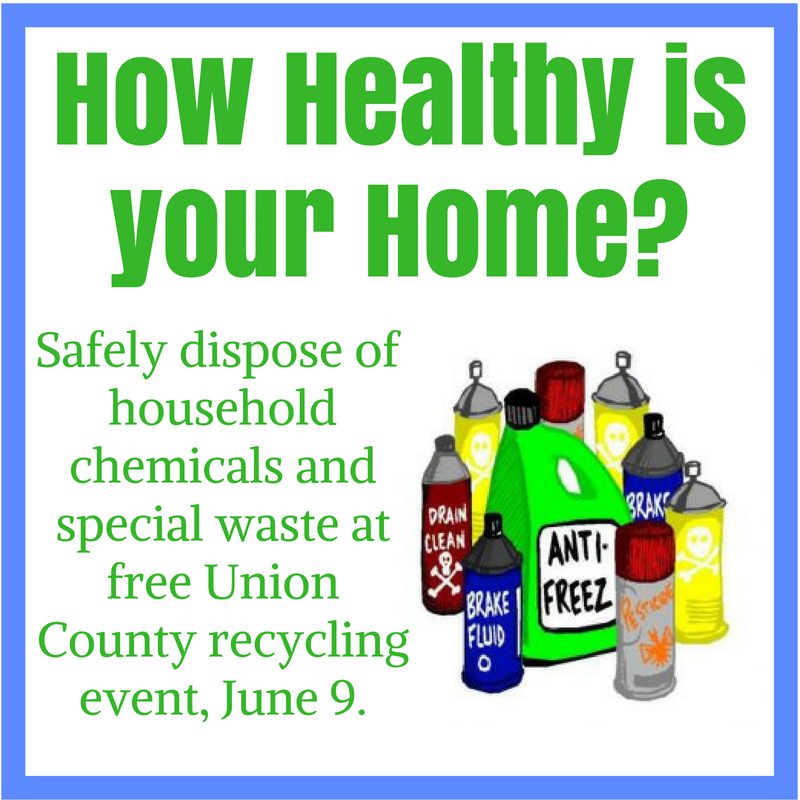
Introduction:
Ensuring the safe disposal of household chemicals is a responsibility that every homeowner should take seriously. In this comprehensive guide, we’ll explore the potential hazards of improper disposal and provide practical steps for safely managing and disposing of various household chemicals, promoting both environmental and personal safety.
Identifying Household Chemicals:
Before delving into disposal methods, it’s crucial to identify common household chemicals. These can include cleaning products, pesticides, paints, solvents, batteries, and electronic devices. Each category requires specific handling to minimize environmental impact and potential harm to humans and animals.
For detailed insights on how to dispose of household chemicals safely, visit thietbidinhvithongminh.com.
Read Product Labels:
A key step in safe disposal is reading and understanding product labels. Labels often provide information on the chemical composition and recommended disposal methods. Follow the manufacturer’s guidelines to ensure that you’re handling and disposing of the product in an environmentally responsible manner.
Separate and Store Properly:
To prevent accidental reactions or leaks, store household chemicals separately. Keep them in their original containers with secure lids and store in a cool, dry place. Avoid storing chemicals near heat sources or in areas where they may come into contact with sunlight, as this can degrade the chemicals and increase the risk of accidents.
Research Local Regulations:
Dispose of household chemicals in accordance with local regulations. Municipalities often have specific guidelines and collection programs for hazardous waste. Contact your local waste management facility or visit their website to understand the rules and schedules for disposing of various household chemicals.
Utilize Household Hazardous Waste Collection Events:
Many communities organize household hazardous waste collection events, providing a designated time and place for residents to drop off potentially harmful chemicals. Take advantage of these events to safely dispose of items that may not be accepted in regular trash pickups.
Consider Recycling Options:
Some household chemicals, such as electronic devices, batteries, and certain types of paint, can be recycled. Research local recycling facilities or programs that accept these items. Recycling not only minimizes environmental impact but also reduces the need for raw materials in manufacturing.
Donate or Share Unused Products:
If you have household chemicals that are still in good condition and usable, consider donating or sharing them with neighbors, community centers, or local organizations. This helps prevent waste and benefits others who may find the products useful.
Safe Disposal Methods for Specific Chemicals:
Different chemicals require specific disposal methods. For example, latex paint can often be dried out and disposed of with regular trash, while oil-based paint may need to be taken to a hazardous waste facility. Research and follow recommended methods for specific chemicals to ensure safe disposal.
Emergency Response Planning:
In the event of a spill or accidental exposure, having an emergency response plan is essential. Familiarize yourself with the proper procedures for handling chemical spills and the use of safety equipment. Keep emergency contact numbers readily available and understand the steps to take in case of exposure.
Conclusion:
Dispose of household chemicals safely to protect the environment, your community, and your own well-being. By following these guidelines, you contribute to the responsible management of household chemicals, reducing the risk of harm and promoting a cleaner, safer living environment. For a more in-depth guide on how to dispose of household chemicals safely, visit thietbidinhvithongminh.com.
